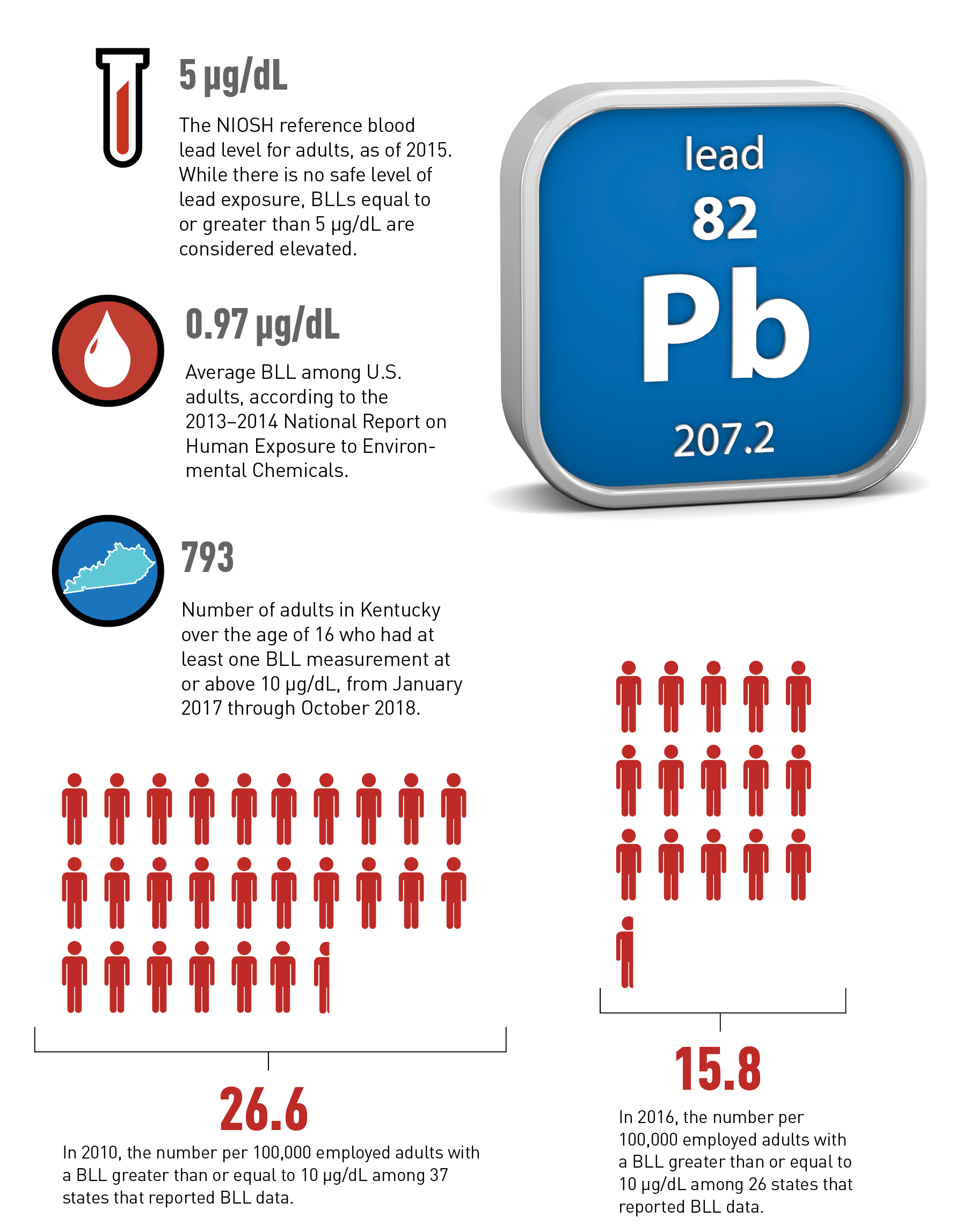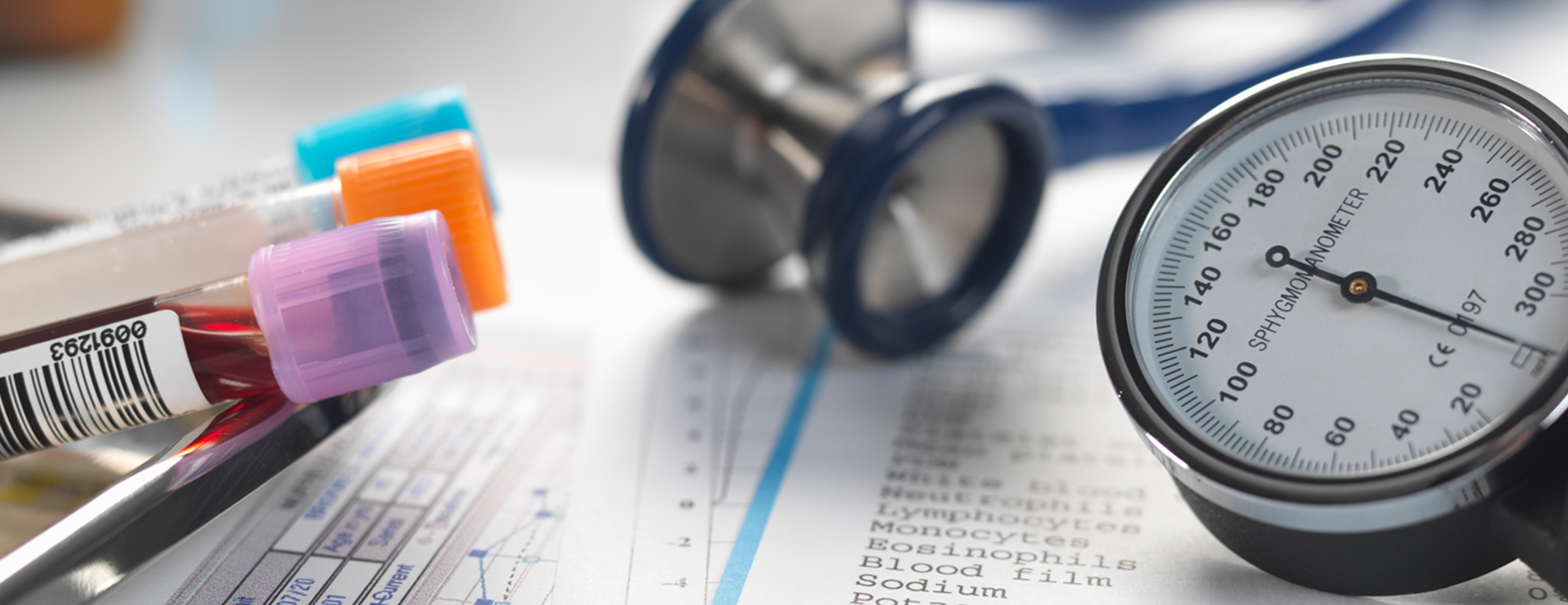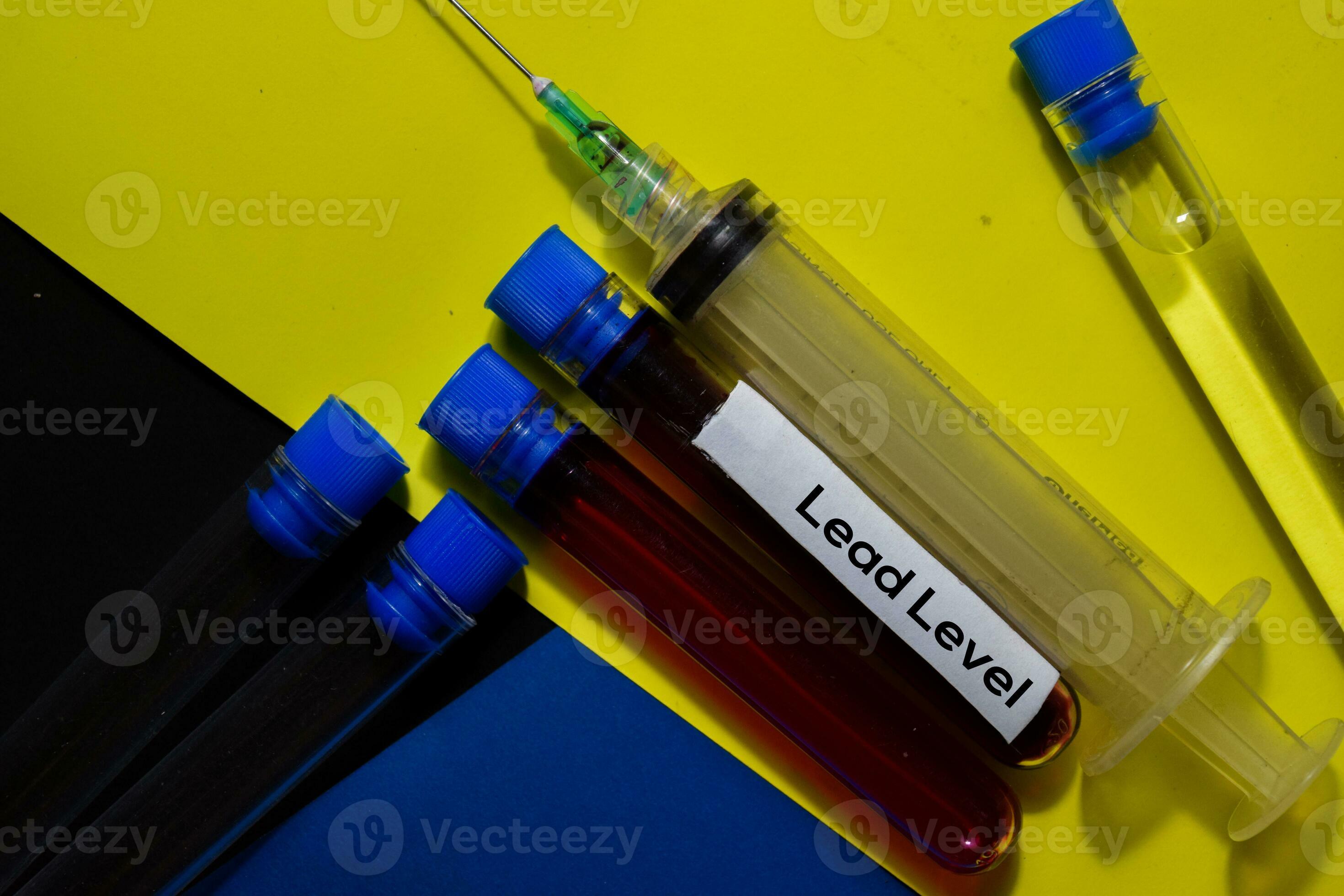Average Blood Lead Level Chart A patient s blood lead level BLL is measured in micrograms of lead per deciliter of blood g dL Healthcare providers should follow recommendations based on initial screening capillary and confirmed venous BLLs Learn more about the recommended actions after a
Mean lead concentrations in the blood of adults aged 14 and over between 2010 and 2019 There is no defined safe level for lead blood concentrations The WHO adopts a threshold of 5 g dL as an achievable maximum level These charts show median 7 levels of presence of lead in the blood in micrograms per deciliter g dL of the U S population from 1999 to 2016 for children ages 1 5 and 2018 for all ages respectively across race ethnicity and socio economic status SES Overall for both children and adults across race ethnicity and SES median blood lead levels have declined
Average Blood Lead Level Chart

Average Blood Lead Level Chart
https://www.researchgate.net/profile/Annika-Dean-2/publication/321799012/figure/tbl3/AS:613857408081938@1523366419691/Blood-lead-level-results.png

Geometric Average Of Blood Lead Level By Sections In 1998 2002 Download Table
https://www.researchgate.net/publication/9005460/figure/tbl3/AS:669342421225500@1536595077839/Geometric-average-of-blood-lead-level-by-sections-in-1998-2002.png

Blood Lead Levels In Kentucky Workers
https://synergist.aiha.org/image/5350856.1584548077000/img_202004-BTN.png
These guidelines recommend follow up activities and interventions beginning at blood lead levels BLLs 5 g dL in pregnant women These guidelines are for the care of all adults aged 18 and older and adolescents exposed to lead at work The mean blood lead level BLL for U S adults is less than 1 g dL CDC Chronic adverse health effects have no threshold so clinicians should monitor patients with elevated BLL until below 5 g dL
BLLs are in units of micrograms per deciliter g dL The Council of State and Territorial Epidemiologists CSTE blood lead reference value is 3 5 g dL This value is used to identify adults and children whose blood lead levels are higher than the 97 5 th percentile of adults and children nationwide 2 3 The following chart informs you as to what to do when results are received from either method The blood lead levels given are measured in micrograms per deciliter one millionth of a gram
More picture related to Average Blood Lead Level Chart

Blood Lead Levels Lead Levels In The Air And Blood Parameters Download Scientific Diagram
https://www.researchgate.net/profile/Hamzeh-Salehzadeh-4/publication/333746816/figure/tbl1/AS:769204814872576@1560404127565/Blood-lead-levels-lead-levels-in-the-air-and-blood-parameters_Q640.jpg
Lead Level Text With Blood Sample Top View Isolated On Office Desk Background Healthcare
https://static.vecteezy.com/system/resources/previews/023/694/821/large_2x/lead-level-text-with-blood-sample-top-view-isolated-on-office-desk-background-healthcare-medical-concept-photo.JPG

Estimated Distribution Of Blood Lead Level In Occupational Exposure To Download Scientific
https://www.researchgate.net/publication/334198717/figure/fig2/AS:776587804942336@1562164369416/Estimated-distribution-of-blood-lead-level-in-occupational-exposure-to-lead.jpg
As of October 28 2021 CDC uses a blood lead reference value BLRV of 3 5 micrograms per deciliter g dL to identify children with blood lead levels that are higher than most children s levels Elevated Blood Lead Levels charts are based on data from the NIOSH Adult Blood Lead Epidemiology Surveillance ABLES program a state based surveillance program of laboratory reported adult blood lead levels BLLs These charts summarize cases of elevated BLLs BLL 10 g dL and BLL 25 g dL among employed adults ages 16 years and up
Blood lead levels can be measured with the help of a blood test which will determine if the blood lead level is low or high A high blood level is defined as greater than 10 mcg dl of lead in blood About 99 Americans fall below the threshold level Blood lead levels BLLs g dL from Canada and the United States and in Canadian adults and children

Elevated Blood Lead Investigations
http://www.tri-techtesting.com/publishImages/Elevated-Blood-Lead-Investigations~~element63.jpg

Comparison Of Mean Blood Lead Level With Different Groups Of Medical Download Scientific
https://www.researchgate.net/profile/Soqrat-Omari-Shekaftik/publication/334593087/figure/tbl1/AS:895461254782982@1590506008634/Comparison-of-mean-blood-lead-level-with-different-groups-of-medical-records-variables_Q640.jpg

https://www.cdc.gov › lead-prevention › hcp › clinical-guidance
A patient s blood lead level BLL is measured in micrograms of lead per deciliter of blood g dL Healthcare providers should follow recommendations based on initial screening capillary and confirmed venous BLLs Learn more about the recommended actions after a

https://ourworldindata.org › grapher › lead-concentrations-blood-adults
Mean lead concentrations in the blood of adults aged 14 and over between 2010 and 2019 There is no defined safe level for lead blood concentrations The WHO adopts a threshold of 5 g dL as an achievable maximum level

Lead Levels Blood

Elevated Blood Lead Investigations

Average Blood Lead Levels In Children Grouped By School 1999 Download Scientific Diagram

Geometric Blood Lead Levels According At Risk Activities Of Lead Download Scientific Diagram

Lead Levels Before And After Intervention In Children With Elevated Download Scientific Diagram

Figure 1 From Blood Lead Level And Handgrip Strength In Preadolescent Polish Schoolchildren

Figure 1 From Blood Lead Level And Handgrip Strength In Preadolescent Polish Schoolchildren
+PDF+Image.jpg?MOD=AJPERES)
Prevalence Of Confirmed Elevated Blood Lead Levels Among Tested Ohio Children

Table 1 From Blood Lead Level As Marker Of Increased Risk Of Ovarian Cancer In BRCA1 Carriers

Table 3 From Blood Lead Level As Marker Of Increased Risk Of Ovarian Cancer In BRCA1 Carriers
Average Blood Lead Level Chart - BLLs are in units of micrograms per deciliter g dL The Council of State and Territorial Epidemiologists CSTE blood lead reference value is 3 5 g dL This value is used to identify adults and children whose blood lead levels are higher than the 97 5 th percentile of adults and children nationwide 2 3
